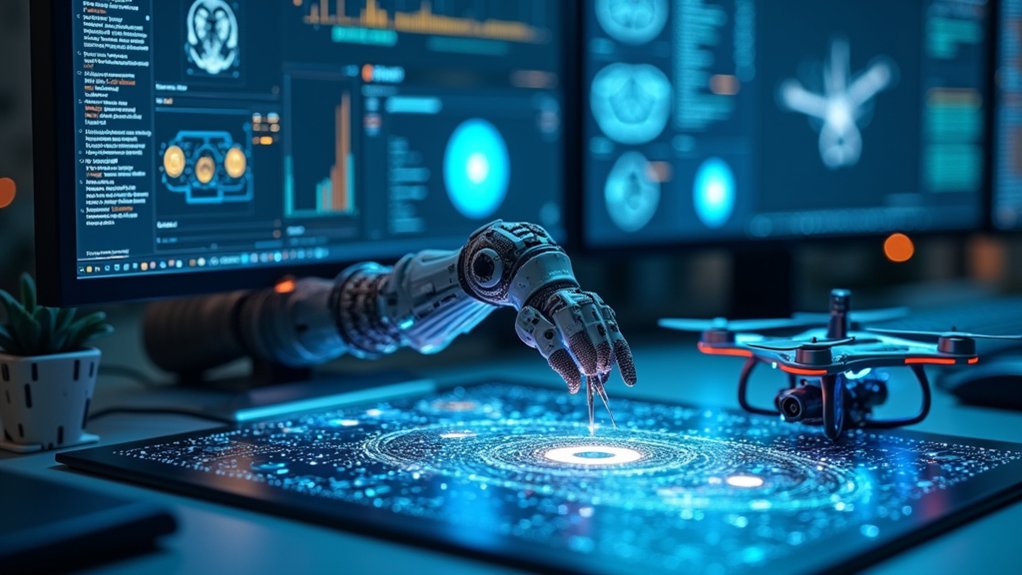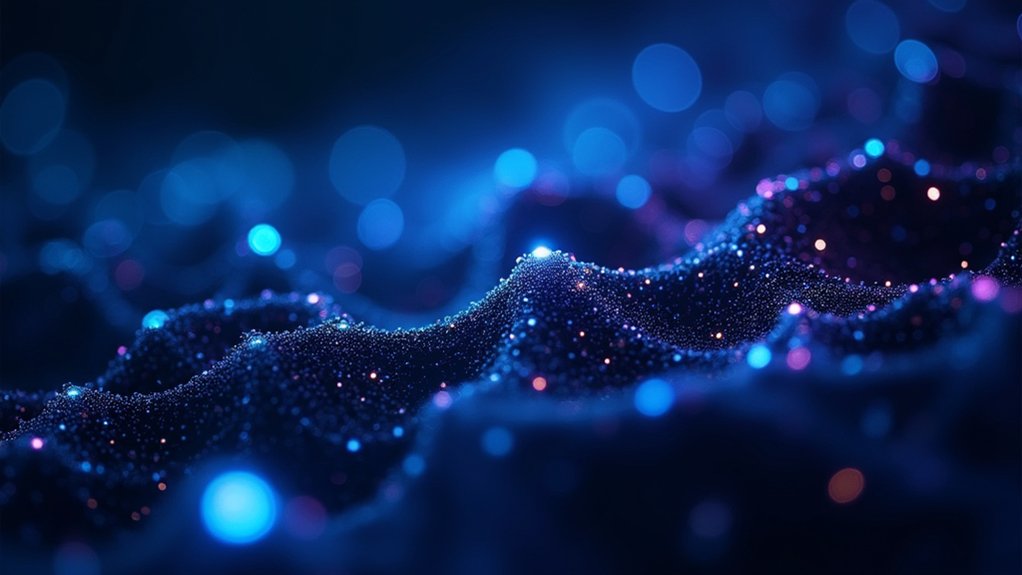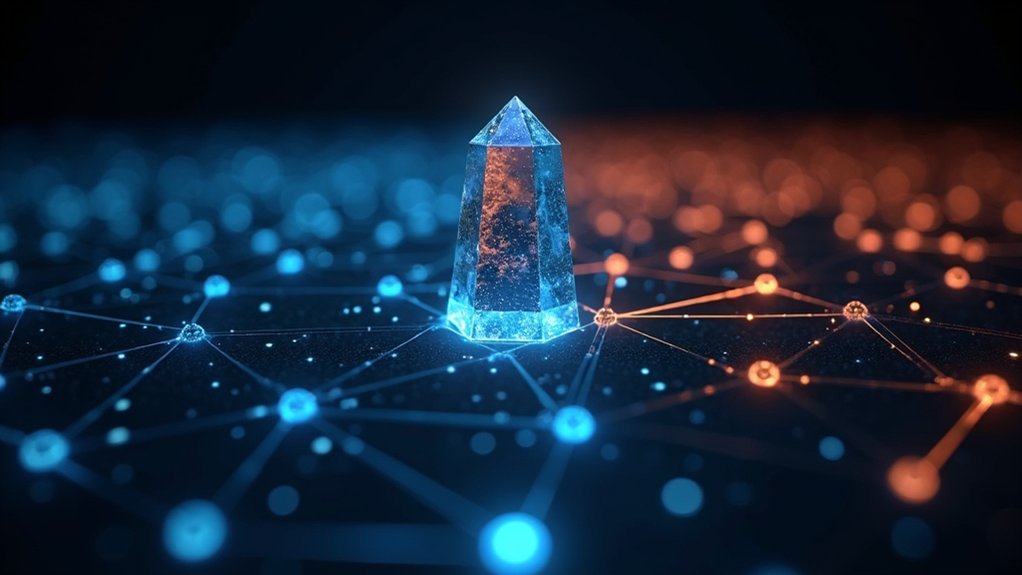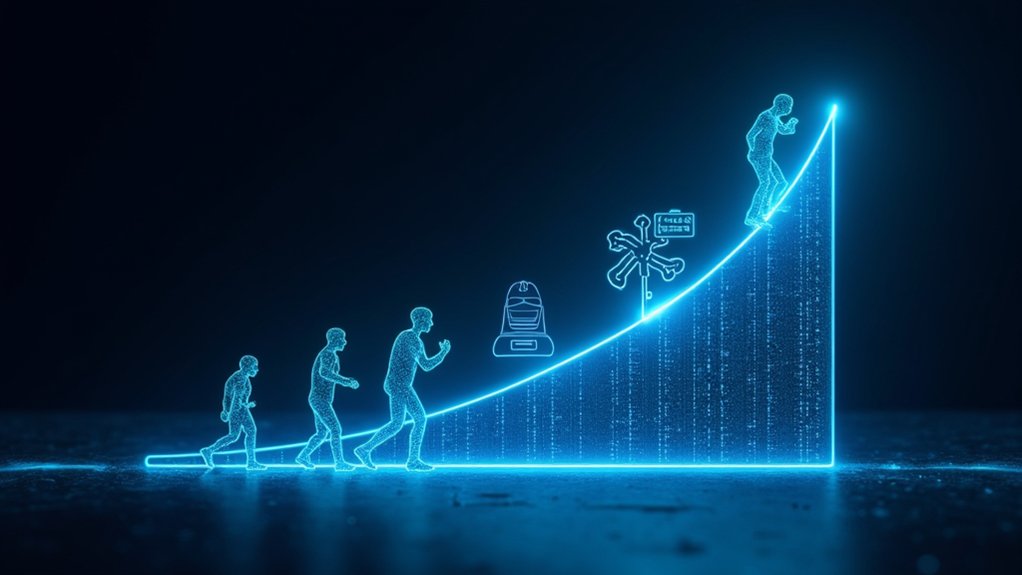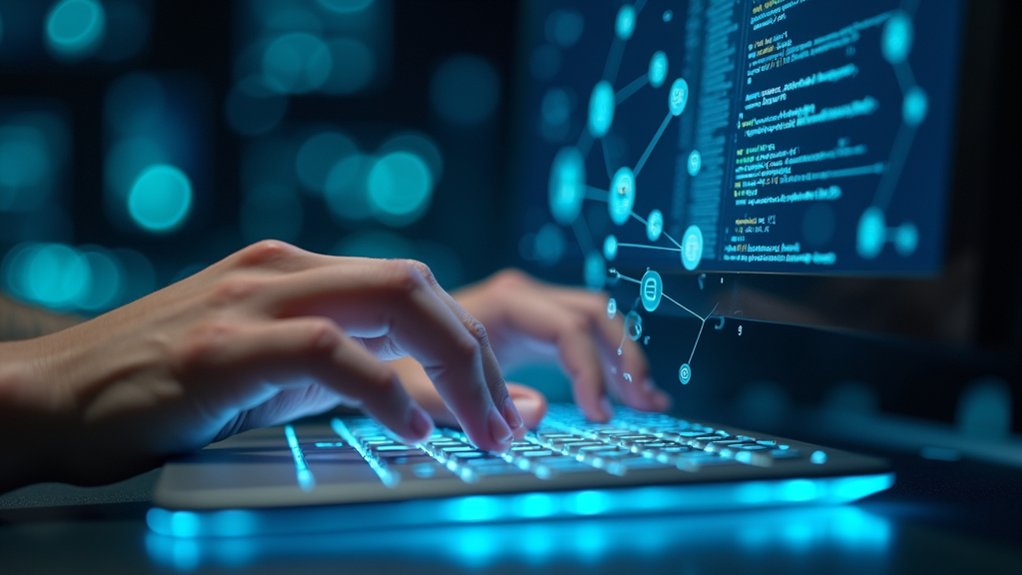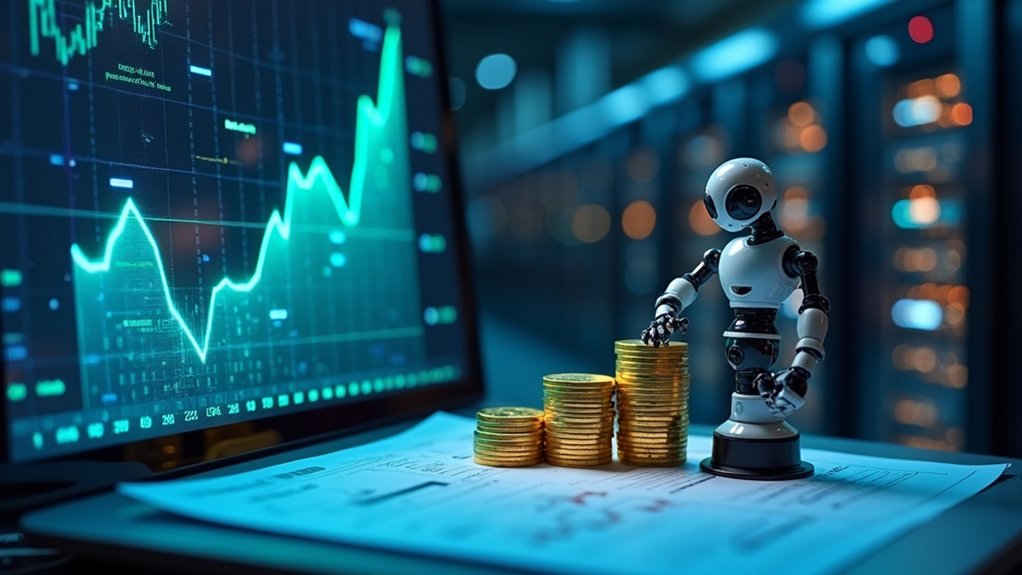AI is capable of analyzing massive amounts of data, understanding human language, and recognizing images. It powers virtual assistants like Siri, translates languages in real-time, and helps detect diseases in medical scans. AI robots automate factory tasks and assist in surgeries. Modern AI systems can create realistic images, compose music, design new molecules, and optimize complex systems like traffic flow. These capabilities continue to expand as technology advances.

Artificial Intelligence has transformed from science fiction into a powerful force shaping modern society. Today's AI systems analyze vast amounts of data to find patterns that humans might miss. These systems power the recommendations we see on Netflix and Amazon, suggesting products and shows based on our past choices. In banking, AI helps detect unusual transactions that might be fraud, protecting consumers' money.
AI's natural language processing abilities let us talk to our devices through assistants like Siri and Alexa. This technology translates languages in real-time on services like Google Translate and can understand the emotions behind text in reviews or social media posts. It can also summarize long documents and generate new content based on what it's learned. Modern NLP technology enables powerful document intelligence capabilities that can extract information from both handwritten and machine-created documents across various industries.
Natural language processing gives AI the power to understand, translate, and create human communication seamlessly.
Computer vision gives machines the ability to "see" and interpret images. This technology enables facial recognition at airports, helps self-driving cars navigate roads, and spots defects in factory products. In hospitals, AI examines medical scans to help doctors find diseases earlier and more accurately. AI-powered diagnostic tools can detect diseases like cancer earlier than traditional methods, potentially saving countless lives through timely intervention.
Robots powered by AI now handle repetitive tasks in warehouses and factories. They assist surgeons with precise movements during operations and explore dangerous places like disaster zones. Advanced robots help elderly people with daily tasks and improve mobility through better prosthetic limbs.
Generative AI creates new content that didn't exist before. It produces realistic images, writes human-like text, designs new molecules for medicines, composes music, and even helps programmers write code faster.
AI systems excel at solving complex problems. They optimize delivery routes, improve city traffic flow, and help scientists model climate change. In business, AI predicts consumer trends and equipment failures before they happen. It forecasts weather patterns and disease outbreaks with increasing accuracy. Companies that implement predictive analytics capabilities gain significant advantages over competitors who rely on traditional forecasting methods.
As these technologies continue to advance, they're changing how we work, communicate, and solve problems across nearly every field of human endeavor.
Frequently Asked Questions
How Does AI Impact Jobs and Employment Rates?
AI's impact on jobs is mixed. It could displace 300 million positions globally by 2030, with 14% of workers already reporting displacement.
However, AI is expected to create 69 million new jobs by 2027. While 60% of jobs in advanced economies face automation risk, 85% of office workers believe AI will enhance rather than replace their roles.
Many workers will need retraining.
What Ethical Concerns Arise From Widespread AI Adoption?
Widespread AI adoption raises several ethical concerns.
Privacy issues emerge as AI systems collect vast amounts of personal data.
Bias in AI can lead to discrimination, with some recruiting tools showing prejudice against women and minorities.
Job displacement threatens 300 million positions by 2030.
Additionally, the lack of transparency in AI decision-making creates accountability problems.
These challenges highlight the need for responsible AI development and governance frameworks.
Can AI Develop Consciousness or Self-Awareness?
Current AI systems don't show signs of true consciousness or self-awareness.
Experts disagree about whether machines can ever develop these qualities. Some scientists believe consciousness requires biological components, while others think it might emerge in advanced AI systems.
The "hard problem of consciousness" remains unsolved in neuroscience. Testing or verifying machine consciousness would be extremely difficult, as we can't directly measure subjective experience.
How Secure Are AI Systems Against Hacking or Manipulation?
AI systems face several security weaknesses. Reports show they're vulnerable to data poisoning, where bad information corrupts their learning process.
Hackers can create "adversarial examples" that trick AI into making mistakes. Model inversion attacks may extract sensitive training data.
While developers implement security measures like encryption and monitoring, challenges remain. The security field is still catching up to the rapidly evolving AI threat landscape.
What Regulations Currently Govern AI Development and Implementation?
AI regulation in the US remains fragmented as of 2025.
No extensive federal AI law exists, though the FTC can address unfair practices.
States have taken varying approaches—Colorado's AI Act starts in 2026, while NYC already regulates AI hiring.
Internationally, the EU AI Act will take effect in 2026.
Industry-specific regulations are emerging from agencies like the FDA for medical devices and NHTSA for autonomous vehicles.
